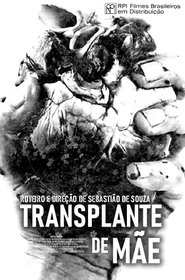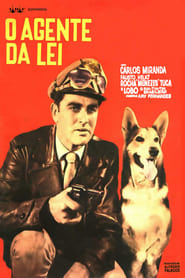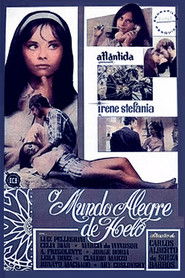detail profile etty fraser
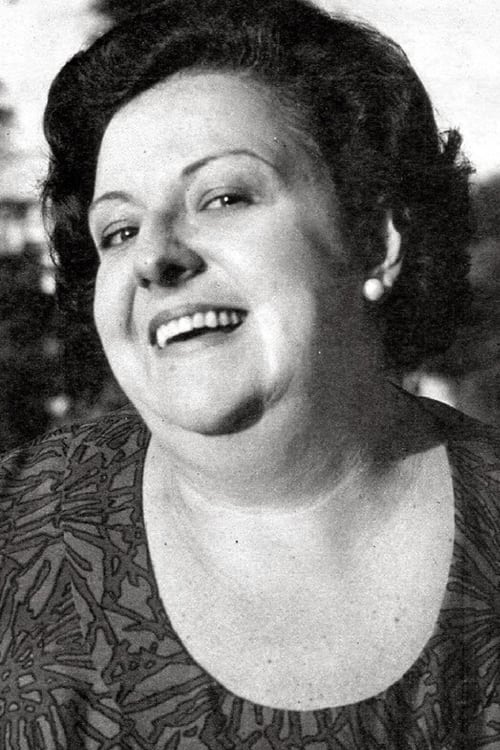
Etty Fraser
Etty Fraser Martins de Souza
atau dikenal sebagai
Peran Yang Di Mainkan Etty Fraser
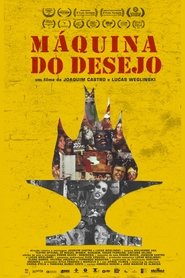 In six decades Teatro Oficina has...
In six decades Teatro Oficina has...Desire Machine: 60 Years of Teatro Oficina 2021
In six decades, Teatro Oficina has done more than revolutionize theatrical language in the country: the aesthetic influence of José Celso Martinez Corrêa's company extends from Tropicalism to the renewal of Brazilian audiovisual languages from the 1960s onwards. The film revisits a story that it involves personalities such as Caetano Veloso, Glauber Rocha, Lina Bo Bardi, Chico Buarque and Zé do Caixão, brings together scenic art, ecology, architecture and sexuality, and mixes art and life in the search for a Brazilian based language.
 In So Paulo Brazil the lonely 40...
In So Paulo Brazil the lonely 40...Smoke Gets in Your Eyes 2009
In São Paulo, Brazil, the lonely 40-something guitar teacher Baby lives a tedious life in a low middle-class apartment. She is addicted to her only companions: cigarettes. Baby has a constant conflict with her two sisters, over a couch she inherited from their deceased aunt. When Max, a restaurant musician, moves to the next door apartment, Baby has a crush on him and sees a chance to have a life again. Soon they start having a love affair, and Baby decides to quit smoking. However, her abstinence will be tough to deal with, when she notices Max still misses his ex-wife.
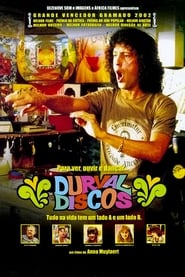 Eccentric Durval is a bit like...
Eccentric Durval is a bit like...Durval Discos 2002
Eccentric Durval is a bit like the record shop he operates with his mother: rundown and pathetic. When their home becomes too much for his mother to care for, Durval hires a maid who no sooner disappears, leaving a young girl and a note behind.
 A beautiful and poor woman buys...
A beautiful and poor woman buys...Senhora 1976
A beautiful and poor woman buys herself a rich husband after inheriting a great deal of money.
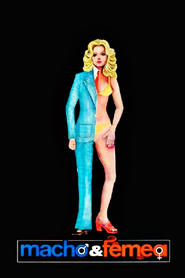 Juliano is a millionaire who leads...
Juliano is a millionaire who leads...Macho e Fêmea 1974
Juliano is a millionaire who leads a boring life amidst the facilities that money provides him. One day, he decides to change his routine and associates with a mad scientist, Professor Kunz, who invents a magic potion, a drug that releases the other side of the personality of those who consume it. Juliano becomes a guinea pig and tries the potion, transforming into the beautiful Juliana (Vera Fischer). However, the effects of the new drug will cause many confusions between the millionaire and the crazy professor, creating complicated situations for both of them.
 Eleven small stories loving chronicles about...
Eleven small stories loving chronicles about...Crônica da Cidade Amada 1965
Eleven small stories, loving chronicles about Rio de Janeiro and its people, written by some of the best Brazilian writers of the time.
 Carlos is a young man from...
Carlos is a young man from...São Paulo S/A 1965
Carlos is a young man from the São Paulo middle class who works for a big company during a time when foreign automobile industries were settling in Brazil. Shortly after, he accepts a job at a factory that makes automobile parts, where he becomes manager. To a certain extent, he is a family man who works hard, earns well and lives unsatisfied. Without any prospects in his life to change the condition he rejects, his last resort is escaping.
 Aps perder a esposa e a...
Aps perder a esposa e a...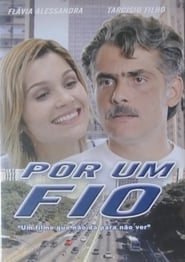

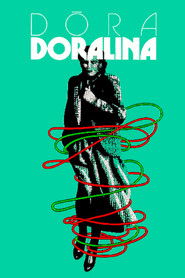
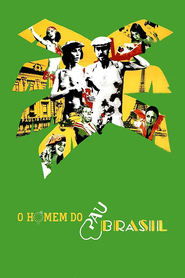 Fantasy comedy about Brazilian writer Oswald...
Fantasy comedy about Brazilian writer Oswald...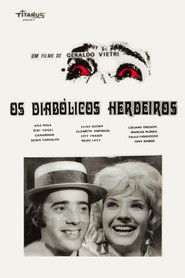 Thirteen people from different parts of...
Thirteen people from different parts of...